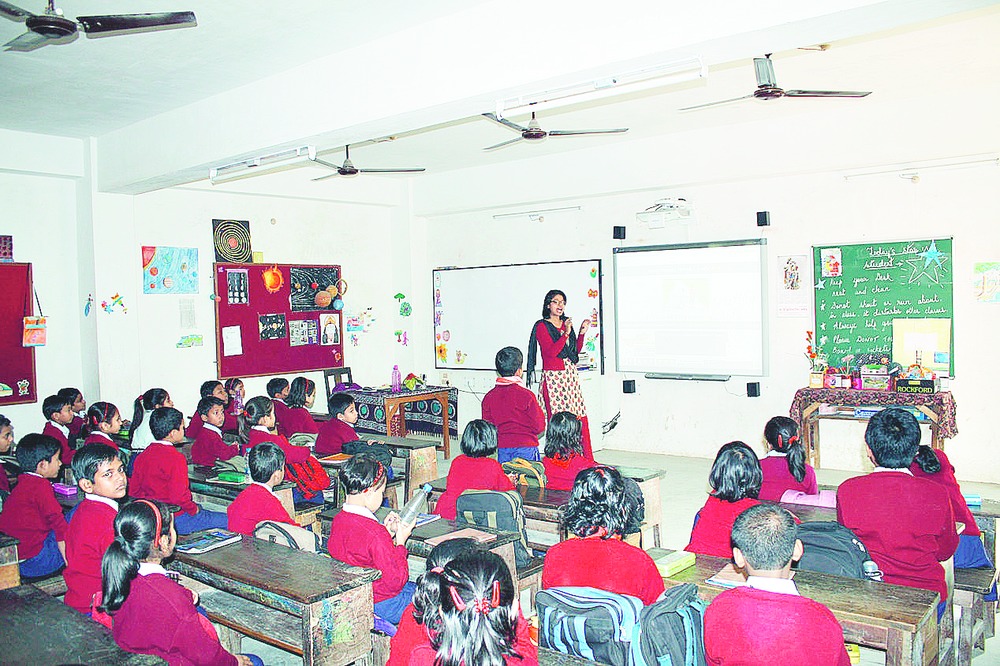
Guwahati, July 4: At least six churches and 20 NGOs in Nagaland have joined hands with the state prisons department to provide skill development training to all prisoners this year.
After the success of a pilot project in Dimapur Central Jail in which 24 inmates were trained on how to make fast food items, the prisons department extended it to jails in Mokokchung, Kohima and Phek districts.
Nearly 100 inmates in the four jails have been provided training on how to make detergent powder, dishwasher liquid, vermicompost, bamboo items, poultry farm and fast food items. The department plans to cover all the 500 inmates, including 100 convicts in the state's 11 jails.
"Since funds have been a constraint for us, it is good to see the churches and NGOs coming forward to help the initiative taken by our department. Some churches donated books, raw materials like bamboo and cash which helped us extend our skill development programme. Help from the NGOs has been immense as they are helping in providing courses," T. Bendangsenla, assistant superintendent of prisons headquarters in Kohima told The Telegraph.
Some of the churches which have joined hands so far are Chang Baptist Church, Kohima, Pentecostal Churches, Kohima, Catholic Churches of India, Kohima, Sungkumen Baptist Church, Alempang Baptist Church and Yimyu Baptist Church (all in Mokokchung).
Pinnacles Skills, Tata Trusts, Swachh Bharat Mission, Kripa Foundation, Zila Sainik Board, Mokokchung, Bamboo Missions of Nagaland, sericulture department of Mokokchung are some of the other organisations supporting the initiative.
Samir Bordoloi, a freelance organic farming consultant based in Upper Assam's Jorhat district, is providing training to jail inmates on how to make organic manure and vermicompost.
A poultry farming project, sponsored by the Zila Sainik Board and some well-wishers at Mokokchung, has been started at the district jail, bamboo products and snacks-making units at Central Jail, Dimapur, a dishwasher production centre at the district jail in Phek and a tailoring and cutting unit for inmates at the Dimapur district jail has been started, she said.
The department had earlier provided training to 40 inmates and 28 employees of Dimapur Central Jail on how to make fast food. A food cart named Jail Café was opened outside the jail in which employees sell the food items produced by the inmates.
"The products will be sold by jail employees in the market. We are in the process of opening bank accounts for all the inmates and 70 per cent of the income will be remitted in the accounts of the inmates participating in the projects. Our aim is to equip the inmates with skills so that that they can earn while inside the jail and live an economically stable life once their term is over," she said.
Bendangsenla said the initiative is led by IPS officer Rupin Sharma, director-general of prisons (headquarters) and civil defence. The department has recently been renamed prisons and correctional institution, based on a directive of the Union ministry of home affairs.
"Our purpose is to make the jail inmates assets of society and not liabilities. Once a person walks into a jail, he becomes a social outcast. We are trying to show them a direction and it seems to be working," Sharma said.










